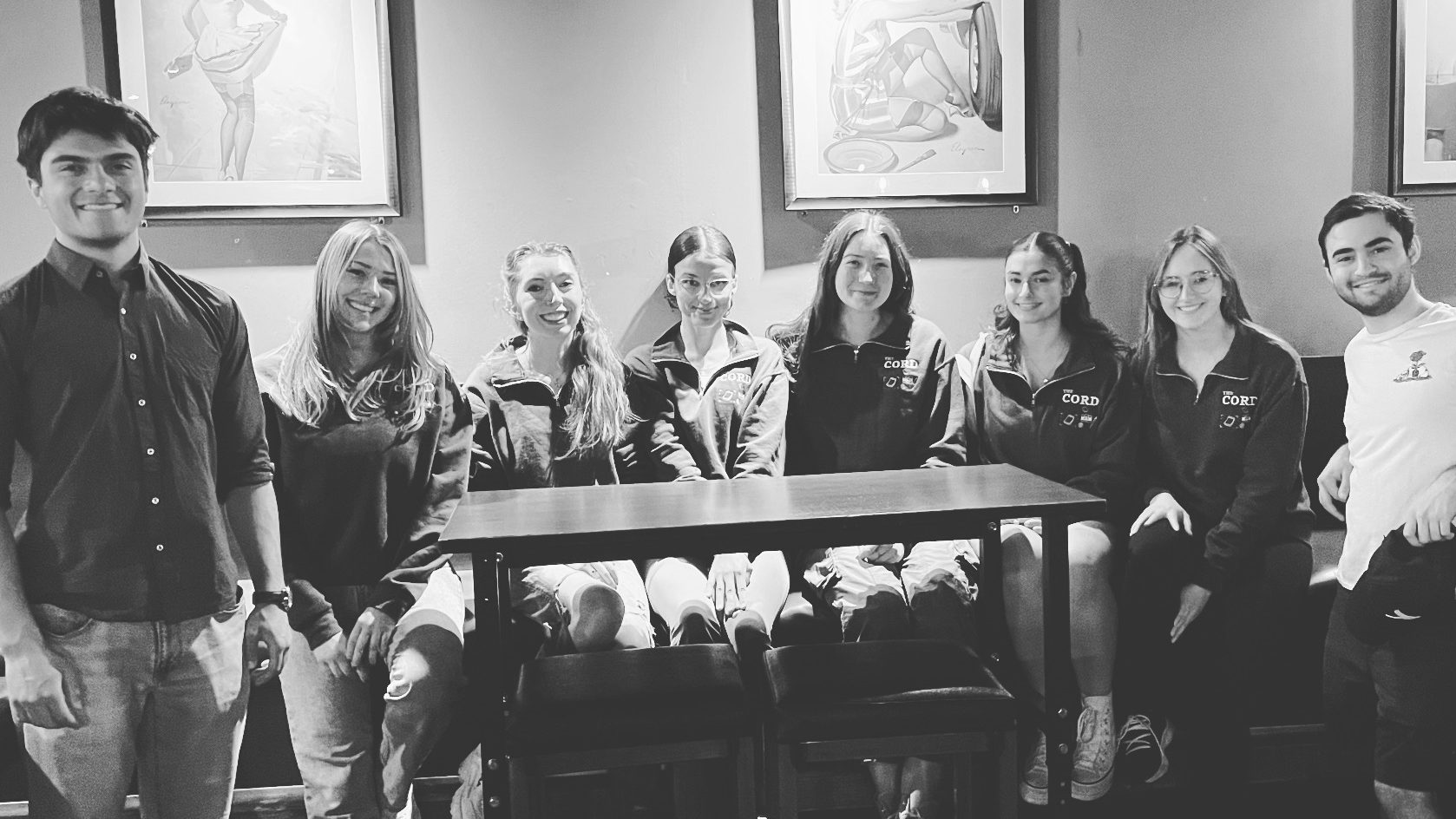SASKATOON (CUP) – Yves Engler has laid out a difficult task for himself. Although most Canadians believe Canada’s foreign policy is built on peacekeeping and resolving conflicts, Engler is out to disprove such notions.
“I’m hoping that people learn to be more critical about what the Canadian government and Canadian institutions do around the world,” said the Montreal-based writer and activist. “I’m hoping to spur increased interest in Canadian foreign policy.”
Engler’s third book, “The Black Book of Canadian Foreign Policy,” recounts the many instances when Canada fell short of its peaceful image abroad.
Some of the surprising – and sometimes shocking – charges in the book include Canada’s failed attempt to establish colonies in the Caribbean after World War One, tacit support for the apartheid regime of South Africa and helping to establish the brutal dictatorship of Augusto Pinochet in Chile.
Perhaps most daringly, Engler also asserts that former Prime Minister Lester B. Pearson may be considered a war criminal for his diplomatic role during the Vietnam War. Pearson, who is the father of Canada’s peacekeeping image, is often remembered as being against the Vietnam War but Engler believes his slight disagreement about the conduct of the war has been mythologized into an anti-war view Pearson did not actually hold.
“If you take courses in Canadian university about foreign policy, you don’t, in my opinion, get a very good understanding about the true history of Canada’s role in the world.”
Engler says there is a “soft nationalism” in schools that is further propagated by the media that assumes an unquestioning look at Canada’s actions internationally.
“I think it’s obviously systemic in that basically all powerful institutions support the mythology in one way or another.”
Engler was once as woefully ignorant of Canada’s foreign policy as most people are, thinking Canada too small or insignificant compared to the United States. He grew up in Vancouver and briefly attended Capilano University before moving to Montreal to attend Concordia University, well known for its politically charged atmosphere. It is there that Engler’s activism took shape and he served as vice-president of the students’ union.
Ultimately it was events in Haiti that inspired the writing of The Black Book of Canadian Foreign Policy. In 2004, a struggle erupted between Haiti’s democratically elected president Jean-Bertrand Aristide and opposition forces. What ensued next depends on whom you believe. According to Aristide, he was forced from power by the American, French and Canadian governments for a more compliant government.
Canadian officials dispute this claim.
“There was just too much evidence that Canadian politicians, police trainers, military, et cetera, knew what they were doing and were choosing to side with the Haitian elites and Washington,” said Engler, who has travelled to Haiti.
“And this was all obviously covered up or justified with high-minded sounding claims. But the reality was a horrible devastation to the most impoverished nation in the hemisphere.”
Inspired to expose the truth about Canada’s involvement in Haiti, Engler co-wrote “Canada in Haiti: WagingWar on the Poor Majority.” However, when Engler tried to present his findings to fellow Canadians he was often met with skepticism and incredulity. This led to a more thorough exploration of Canadian foreign policy covered in Engler’s latest book.
“The Black Book of Canadian Foreign Policy” attacks almost everything most patriotic Canadians hold sacred, from Canada’s peacekeeping image and standing up to American power to foreign aid that supposedly helps the developing world. As for critics who might claim he is unpatriotic or that he hates Canada, Engler has a strong defence.
“I played junior hockey, I’m bilingual and I wrote most of the book at Tim Horton’s. I think that gives me pretty good Canadian credentials.”







